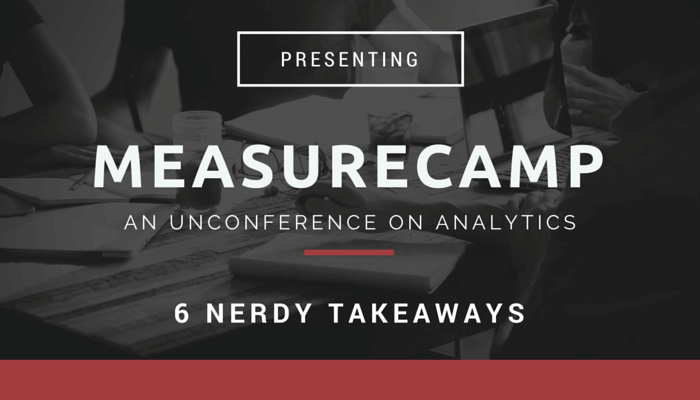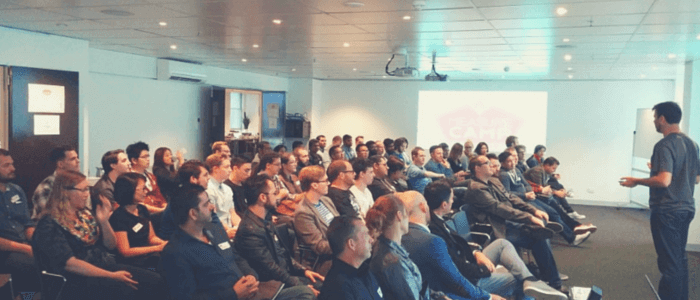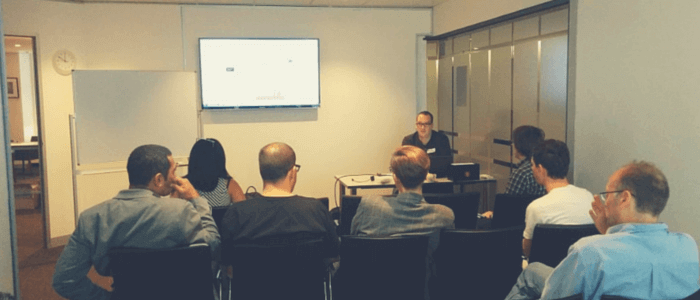Last week, I attended MeasureCamp in Melbourne, Australia. It was the first analytics unconference in Australia. The idea of an unconference is that the discussion topics are made up on the day rather than planned ahead. It veers away from traditional one-way presentations wherein a speaker presents the topic and the audience are mere spectators. In an unconference, the participants are the speakers.
MeasureCamp started in London a few years ago and has proven to be very popular with regional events spawning across the globe including Amsterdam, Newcastle, Paris and Bratislava. It’s a free-to-attend event with allocation of tickets “selling out” very quickly.
A dynamic discussion and exchange of ideas was highly encouraged. Participants were free to voice out alternative or even contradicting views on the subject matter. This encouraged further learning and an open and free-flowing exchange among those present.
What I took from the day was the sheer creativity of how analytics is applied and used – and in some cases, how some analysts have way too much time on their hands!
Some of key takeaways were:
– Third party solutions such as Snowplow can accelerate your analytics insights and take it another level (although you will need technical resource to support such tools)
– Segmentation and its application – very interesting in how segmentation is used especially when applied to retargeting (for negative, positive and similar audience retargeting)
– Pricing for analytics agencies can be tricky, especially for tasks such as Enhanced Ecommerce (EE). Any web analyst who has been involved in implementation of EE with IT personnel will completely understand this as it (almost always!) takes more time to achieve than originally planned (and budgeted for)
– There are free (or very cheap) tools for almost anything to gain further insight and learnings into website performance (Crazy Egg, Usertesting.com, Visual Website Optimiser, Piwik, and Mouseflow were some tools mentioned)
– If Marketing personnel are used to seeing vanity metrics in their report, expect push back if you stop reporting on it and replace with performance metrics such as conversions. It’s human nature.
– You can measure and track almost anything via Google Analytic’s Measurement protocol and plug-ins such as IFTTT (including your Fitbit data, what music you listen to and your alcohol consumption – how to do it here)
Overall, it was fantastic (albeit a very nerdy!) Saturday and it was great to collaborate with analytics professionals from both Australia and New Zealand. The un-conference style was definitely beneficial as it certainly did encourage discussion and a more effective means of sharing ideas.
On to the next MeasureCamp!



